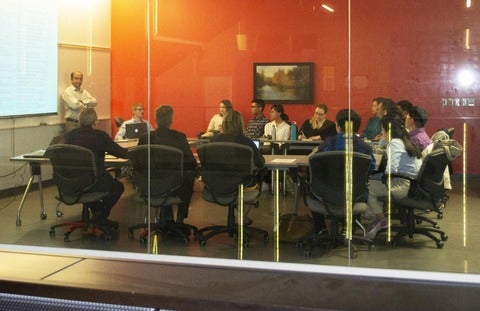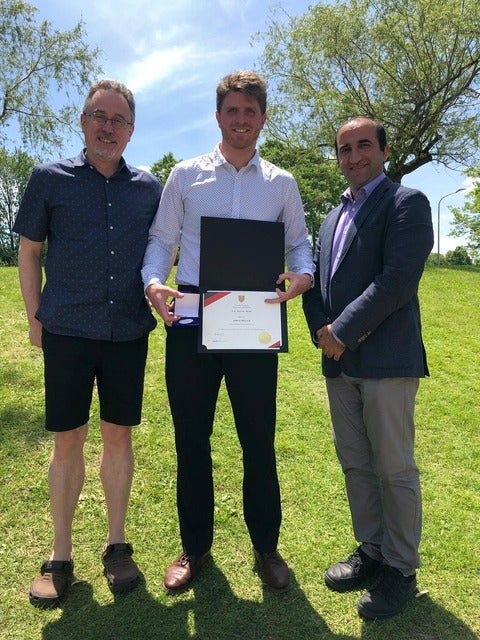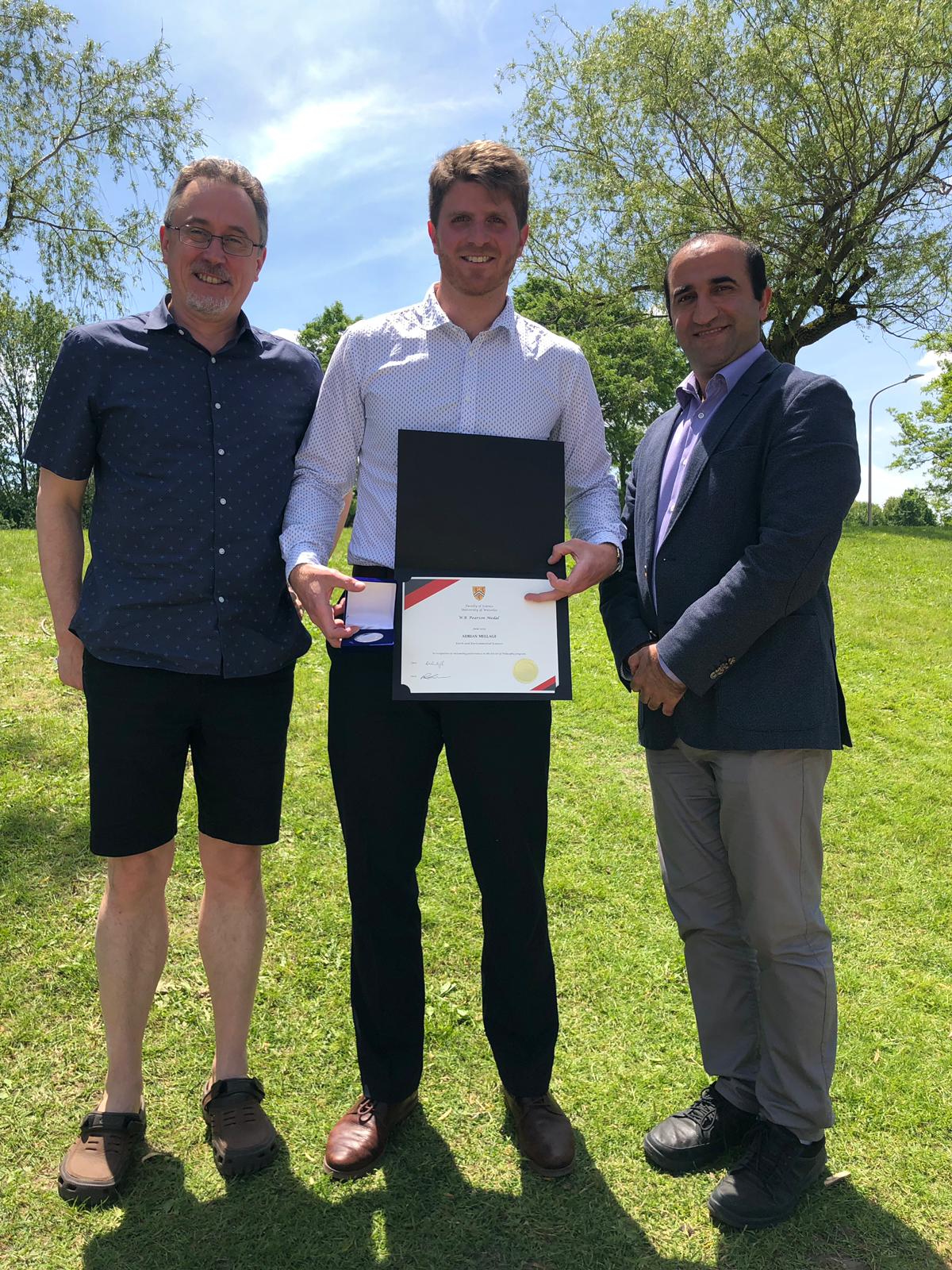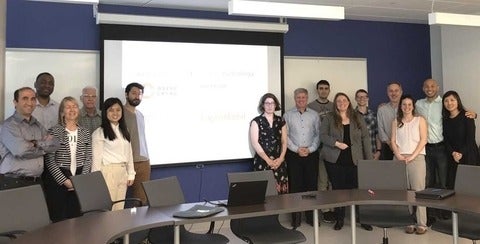New paper analyzes the effects of flavins and siderophores on the oxidation of ferrous iron by molecular oxygen
The oxidation of Fe(II) plays an important role in the biogeochemical cycling of redox-sensitive elements and the fate and transport of pollutants in subsurface environments. In a joint study by researchers from ERG and China University of Geosciences, the kinetics of aqueous Fe(II) oxidation by O2 were measured at variable pH in the presence of riboflavin and desferrioxamine B as representative flavins and siderophores, respectively. The study closes important gaps in our understanding of the reaction mechanisms involved.



